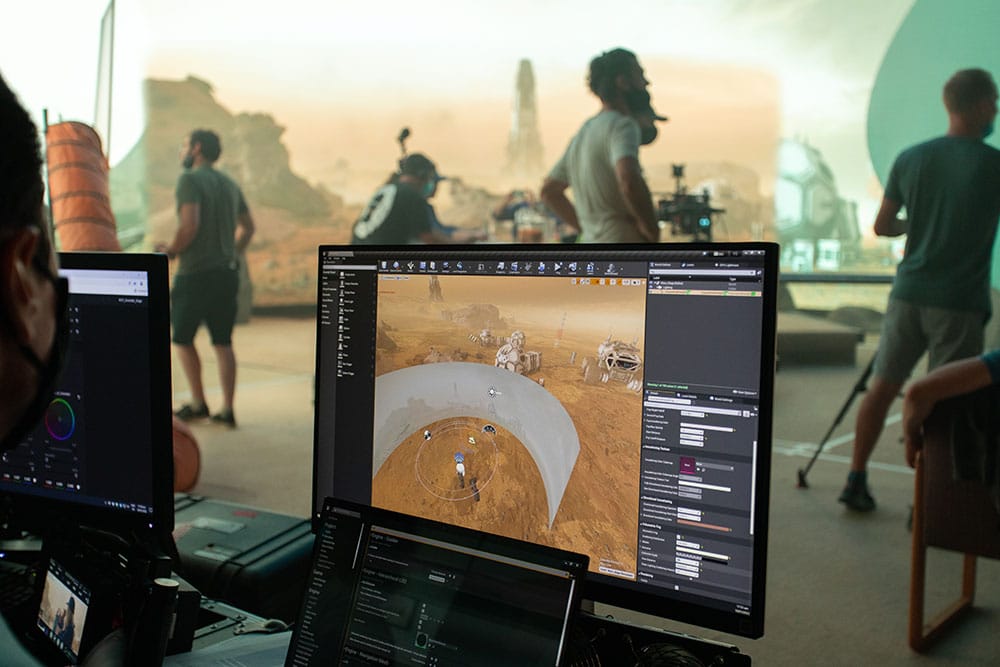Video games have become a ubiquitous part of modern culture, with millions of people around the world playing games on a regular basis. Video game designing is a rapidly growing field, with new games being developed and released every year. But is video game designing a good career choice? In this article, we will explore the pros and cons of pursuing a career in video game designing and help you make an informed decision.
Contents
The Advantages of a Career in Video Game Designing
The video game market is rapidly growing and shows no signs of slowing down. With advancements in technology, the demand for new and innovative games is on the rise. Video game designing is a highly creative field where designers have the freedom to develop their own ideas and bring them to life. Designers have the opportunity to create new worlds, characters, and stories.
The intermediate salary for a video game designer is competitive, with many developers earning well above the national average. According to the Bureau of Labor Statistics, the median annual wage for video game designers in 2020 was $76 030. Video game designers often enjoy high levels of job satisfaction as they get to work on projects they are passionate about and see the fruits of their labor come to life.
The Disadvantages of a Career in Video Game Designing
The video game industry is highly competitive, with many designers vying for the same job opportunities. The competition for jobs can be intense, especially for entry-level positions. Video game designers often work long hours, especially during the development phase of a game. It is not uncommon for designers to work 60-80 hour weeks to meet tight deadlines.
The video game industry can be highly stressful, with designers constantly under pressure to meet deadlines and deliver high-quality products. The high-stress environment can lead to burnout and mental health issues. Video game designers often work on a project basis, with many designers working as contractors rather than full-time employees. This can lead to job insecurity, as designers may not have a steady stream of work.
Required Skills & Opportunities
Video game designing requires a combination of technical skills, artistic abilities, and creativity. A degree in computer science or game design is often required for entry-level positions, with many designers also possessing additional skills such as coding, 3D modeling, and animation.
Video game designers can work for a variety of companies, including game development studios, mobile app developers, and educational institutions. Designers can also work as freelancers or start their own game development companies.
The Takeaway
A strong portfolio is essential for landing a job in video game design. Designers should create a portfolio that showcases their technical skills, artistic abilities, and creativity. Networking is essential in the video game industry. Designers should attend industry events and conferences and build relationships with other professionals in the field.
The gaming realm is constantly evolving, and designers need to be contemporary with the latest trends and technologies to remain competitive.




